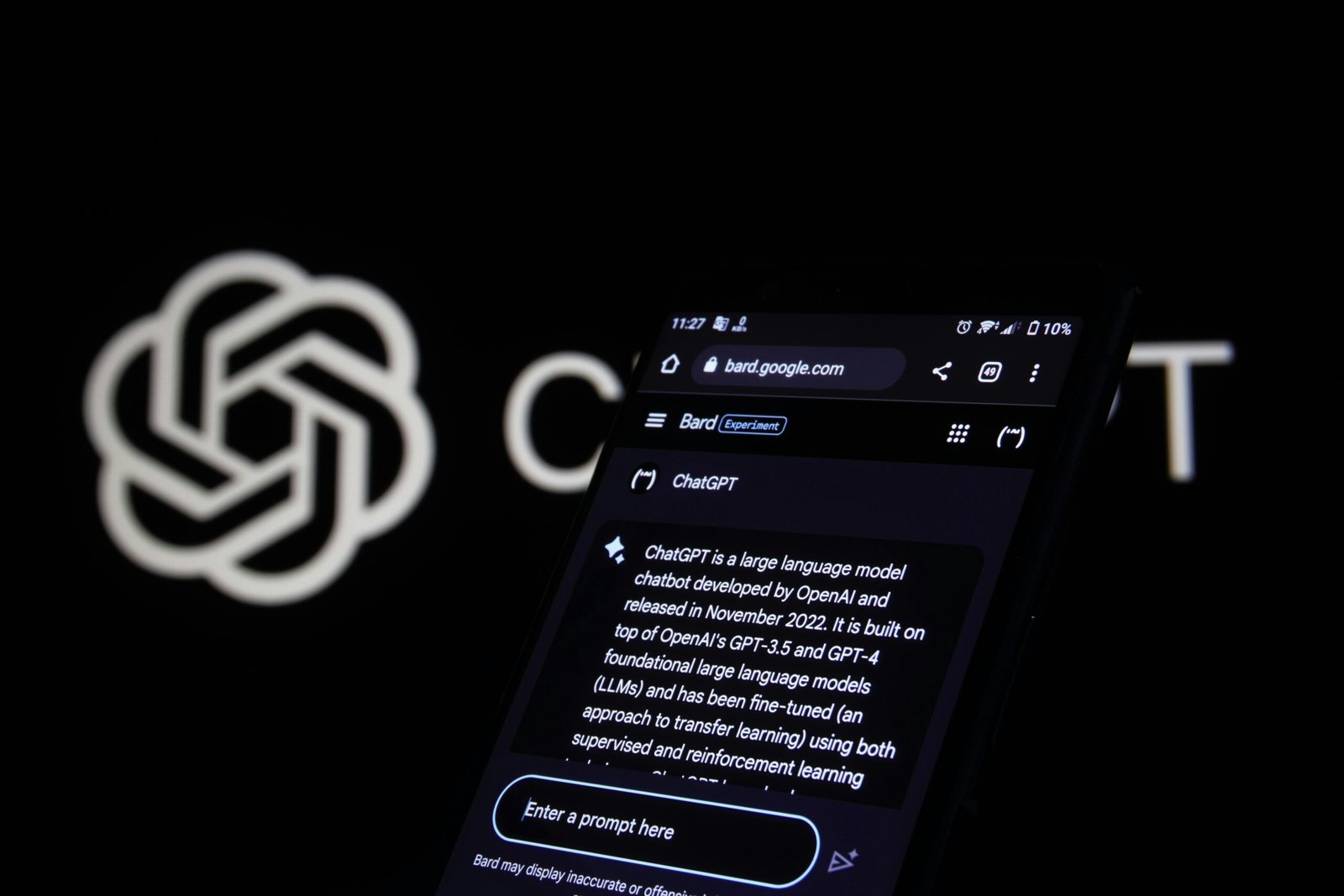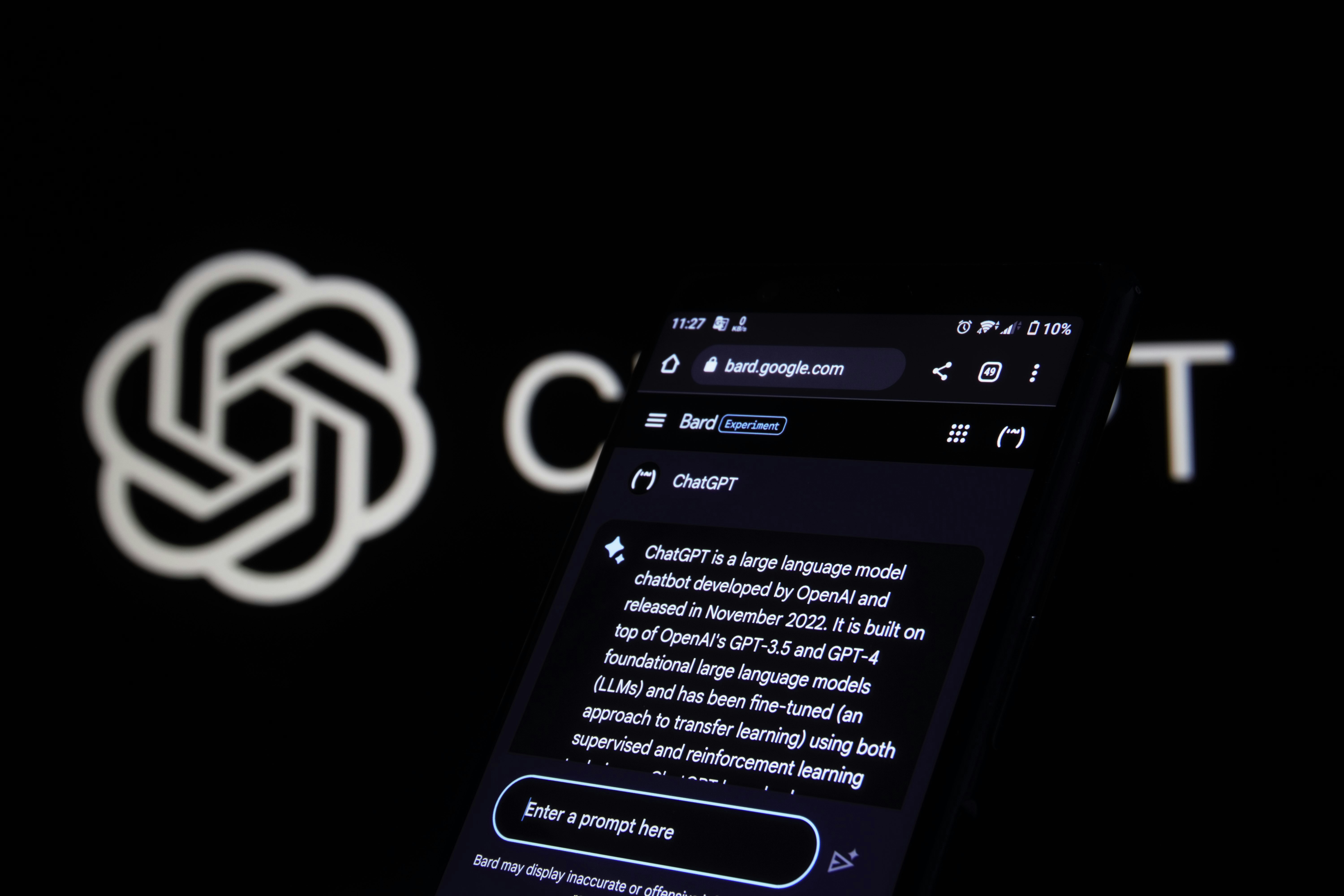
Introduction to ChatGPT Alternatives
In recent years, AI-driven conversational agents have gained significant traction, reflecting the growing demand for sophisticated interactions powered by artificial intelligence. Among these, ChatGPT has emerged as a leading player, offering impressive capabilities in natural language processing and generation. However, as the landscape of AI technologies evolves, users are increasingly exploring various alternatives to ChatGPT. This interest in alternatives may arise from different factors such as cost, feature sets, and overall user experience.
Cost is one of the primary reasons why individuals and businesses may seek alternatives to ChatGPT. While it offers an array of features, some users find the subscription or usage costs prohibitively expensive. In contrast, many free and less costly alternatives provide substantial capabilities, making them attractive to budget-conscious users. Furthermore, the specific functionalities required by a user may not align with those offered by ChatGPT, prompting exploration of available options that better suit their unique needs.
Additionally, the user experience plays a crucial role in the search for alternatives. Some users may find that ChatGPT does not adequately fulfill their interaction expectations, leading them to rummage through other options that may provide improved conversational engagement or more specialized features. Factors like ease of use, customization options, and integration capabilities with other tools significantly influence user preferences.
This exploration highlights the necessity for thorough evaluation when considering AI alternatives. In 2025, a variety of free alternatives have emerged, each possessing distinct attributes that cater to diverse user requirements. To ensure a well-rounded analysis, we will establish certain criteria for selecting the best free alternatives, focusing on dimensions such as functionality, accessibility, and community support. This framework will serve as the foundation for the subsequent examination of viable options available for users seeking ChatGPT alternatives.
Top Free ChatGPT Alternatives
As artificial intelligence continues to evolve, numerous alternatives to ChatGPT have emerged in the landscape of conversational agents. In 2025, users can explore various free platforms that offer distinct features tailored to different needs. Here are some of the top contenders in the realm of AI-driven conversation tools.
First on the list is InstructGPT, which has gained popularity for its ability to follow user instructions more closely than other models. By utilizing a robust reinforcement learning methodology, InstructGPT allows users to provide specific inputs that guide its responses, making it particularly suitable for those seeking tailored assistance in areas such as education and professional development.
Another noteworthy alternative is Claude AI, renowned for its conversational capabilities. With an emphasis on maintaining context throughout interactions, Claude AI is designed to understand the user’s tone and intent more effectively. This platform is particularly beneficial for those engaged in creative writing or brainstorming sessions, as its output is often more nuanced and contextually relevant.
Jasper AI stands out due to its focus on marketing and content creation. Users can leverage Jasper for generating marketing copy, blog posts, and social media content, proving to be a valuable tool for businesses and content creators alike. Its templates and user-friendly interface simplify the writing process, enabling users to create engaging content rapidly.
Lastly, WriteWithAI offers a collaborative approach, allowing multiple users to work concurrently. This feature is highly appealing for team projects or workshops, as it fosters real-time collaboration and ideation. WriteWithAI is particularly advantageous for educational institutions and teams looking to enhance productivity through cooperative writing.
These alternatives collectively showcase the diversity of AI-driven conversation tools available in 2025, each boasting unique strengths catering to specific demographics and use cases. By exploring these options, users can find the best-fit solution for their conversational needs.
Comparison of Features and Usability
When considering alternatives to ChatGPT, it is essential to analyze the features and usability of each option. Various platforms offer unique capabilities, particularly regarding natural language understanding, response time, customization options, and integration capabilities. These factors greatly influence the chat experience and overall effectiveness of the tool.
Natural language understanding is a critical aspect of any conversational AI. Most free alternatives employ advanced algorithms to comprehend users’ queries, yet their effectiveness can vary considerably. For instance, some platforms demonstrate superior performance in context recognition and sentiment analysis. As a result, users may find that certain tools provide more nuanced responses, which are pivotal in enhancing user satisfaction.
Response time is another vital factor in evaluating these alternatives. While ChatGPT is known for its quick replies, users often prioritize latency in their interactions. Many free alternatives boast competitive speeds, ensuring a seamless user experience. However, a few may experience delays during peak usage times, which could hinder efficient communication.
Customization options enable users to tailor the conversational experience to their needs. Some alternatives provide extensive customization features that allow individuals or organizations to create specific user intents, while others might offer limited personalization capabilities. This flexibility can significantly impact how effectively a chatbot aligns with the particular requirements of its users.
Integration capabilities also play a crucial role in usability, especially for those looking to incorporate a chatbot within existing systems. The top free alternatives typically offer various integration options with popular applications and APIs, simplifying the user experience. Nevertheless, understanding the compatibility of each platform with different software is essential for a seamless transition.
User-friendliness and accessibility are equally important, as certain platforms provide intuitive interfaces that require minimal learning. Conversely, some may present a steep learning curve. Evaluating these aspects will help potential users gauge the practicality of migrating from ChatGPT to alternative platforms, ensuring they select the option that best suits their needs.
Conclusion and Recommendations
As we navigate the rapidly evolving landscape of artificial intelligence and conversational tools, finding the right ChatGPT alternative tailored to individual needs is more essential than ever. Throughout this discussion, we have explored various free alternatives to ChatGPT, highlighting their unique features, strengths, and potential drawbacks. Each alternative offers a distinct set of functionalities that cater to different user requirements, whether for academic purposes, business applications, or casual interactions.
For students seeking assistance with learning and homework, platforms like Hugging Face’s Transformers or Google’s Bard stand out due to their strong natural language processing capabilities and ease of access. These tools can enhance comprehension and offer comprehensive support in various subjects. On the other hand, businesses looking for efficient communication and customer engagement solutions may benefit from alternatives like Rasa or Dialogflow, which are renowned for their robust integration options and flexibility in creating tailored conversational experiences.
Casual users, who often seek an intuitive interface for simple tasks, might find alternatives like Replika or Chai particularly enjoyable. These platforms focus on delivering a conversational experience that feels personal and engaging. As the AI sector continues to develop, it is advisable for users to explore these options and tailor their selections based on their specific needs.
In conclusion, the wide array of alternatives to ChatGPT ensures that there is something for everyone. We encourage readers to test out the options discussed and engage with the tools that resonate most. Sharing experiences with these tools can help others make informed decisions as they navigate the multifaceted AI landscape that is continuously evolving.

